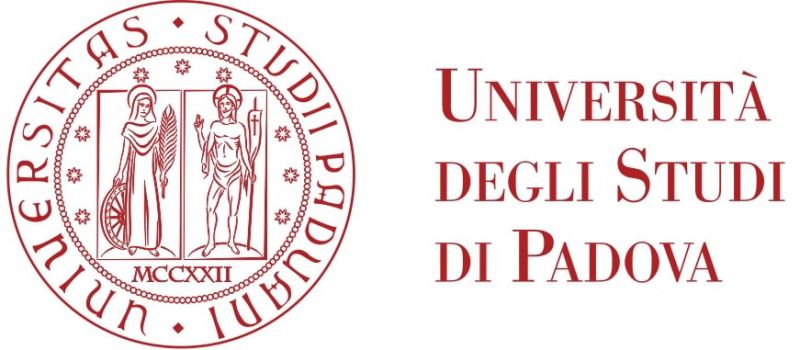

14 July 2011, h.11:30 - Aula Magna "A. Lepschy"
Dario Bauso University of Palermo, Italy |
Abstract:
Reaching consensus is a fundamental problem in multi-agent systems [1]. In this talk, we discuss consensus problems in an adversarial environment. We consider two types of distributed agents in the network. One type is a group of N legitimate consensus-seeking agents who aim to reach agreement with other agents in their neighborhood. The other type is a group of M malicious agents who seek to force the value of consensus to their own desired values. Each agent reacts to the accessible information at each time by finding an optimal control policy that minimizes independently its long-term cost functional. The non-cooperative behaviors in the multi-agent system can be studied using a N + M -person nonzero-sum linear-quadratic differential game, whose solution can be characterized by a set of generalized coupled Riccati equations for different information patterns in the network [2]. In a large-population regime, an appropriate game solution concept is the mean-field Nash equilibrium (MFNE), which can be characterized based on the results in [3] and [4], by Riccati equations which result from the HJB optimality criterion coupled with two nonlinear PDEs that describe the state evolutions of the population of the legitimate agents and malicious agents, respectively. An alternative solution concept based on Nash Certainty Equivalence Principle (NCEP), [5], can be used to derive a tractable optimal control policy by fixing the value of consensus under oblivious conditions on the information structures. We study optimal control policy of this type for the legitimate and the malicious agents and compare it with the closed-loop MFNE.
References:
[1] D. Bauso, L. Giarre and R. Presenti, “Consensus for networks with unknown but bounded disturbances,” SIAM Journal on Control and Optimization, 48(3):1756-1770, 2009.
[2] T. Basar and G.J. Olsder, Dynamic Noncooperative Game Theory, SIAM Series in Classics in Applied Mathematics, Philadelphia, January 1999.
[3] J.-M. Lasry and P.-L. Lions, “Mean Field Games,” Japanese Journal of Mathematics, 2:229-260, 2007.
[4] H. Tembine, Q. Zhu, and T. Ba¸sar, “Risk-sensitive mean field stochastic games”, in Proceedings of IFAC 2011, August 2011 (to appear).
[5] M. Huang, P.E. Caines, and R.P. Malhame. “Large-population cost-coupled LQG problems with non- uniform agents: individual-mass behavior and decentralized epsilon-Nash equilibria,” IEEE Transac- tions on Automatic Control, 52(9):1560-1571, Sept. 2007.
Biography:
Dario Bauso was born on 17 May 1974, in Palermo (Italy). He received the Laurea degree in Aeronautical Engineering in 2000 and the Ph.D. degree in Automatic Control and System Theory in 2004 from the University of Palermo, Italy. From October 2001 to June 2002, he was a Visiting Scholar at the Mechanical and Aerospace Engineering Department, University of California, Los Angeles. In 2010 he was short-term visiting scholar at the Department of Automatic Control of Lund University and at the Laboratory of Information and Decision Systems of the Massachusetts Institute of Technology. Since 2005 he has been Assistant Professor of Operations Research with the Engineering Faculty, University of Palermo. He is affiliated with the Department of Computer Science of the same University. His research interests are in the field of Optimization problems, Manufacturing Systems, Inventory Control, Optimal and Distributed Control, and Game Theory. Since 2010 he is member of the Conference Editorial Board of the IEEE Control Systems Society. Since 2011 he is Associate Editor of Dynamic Games and Applications. He has also been general chair of the 6th Spain, Italy, and Netherlands Meeting on Game Theory (SING 6).

